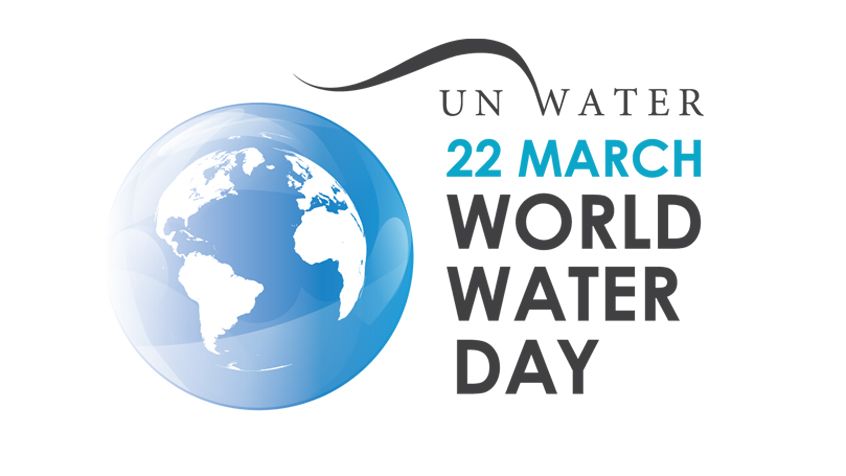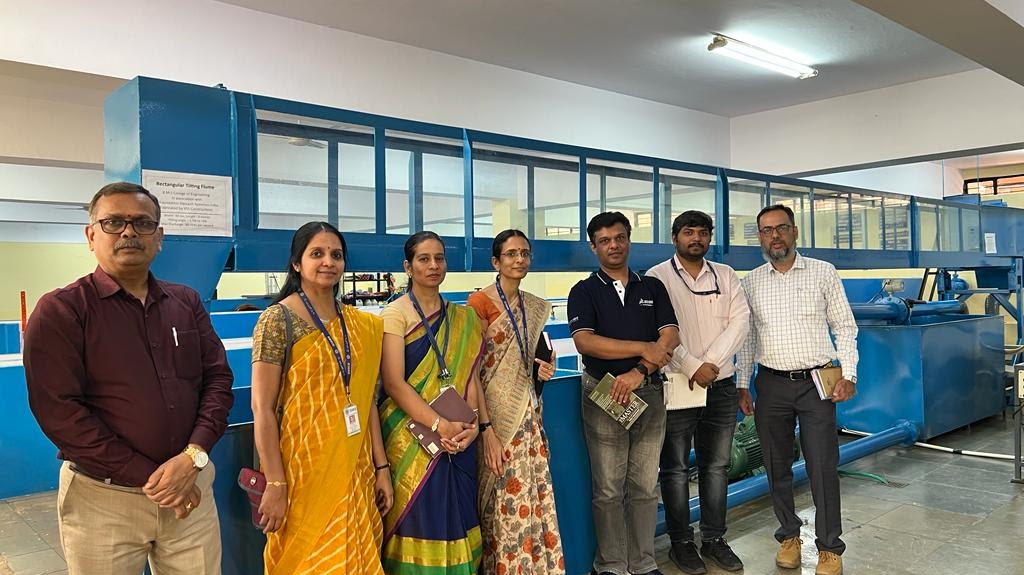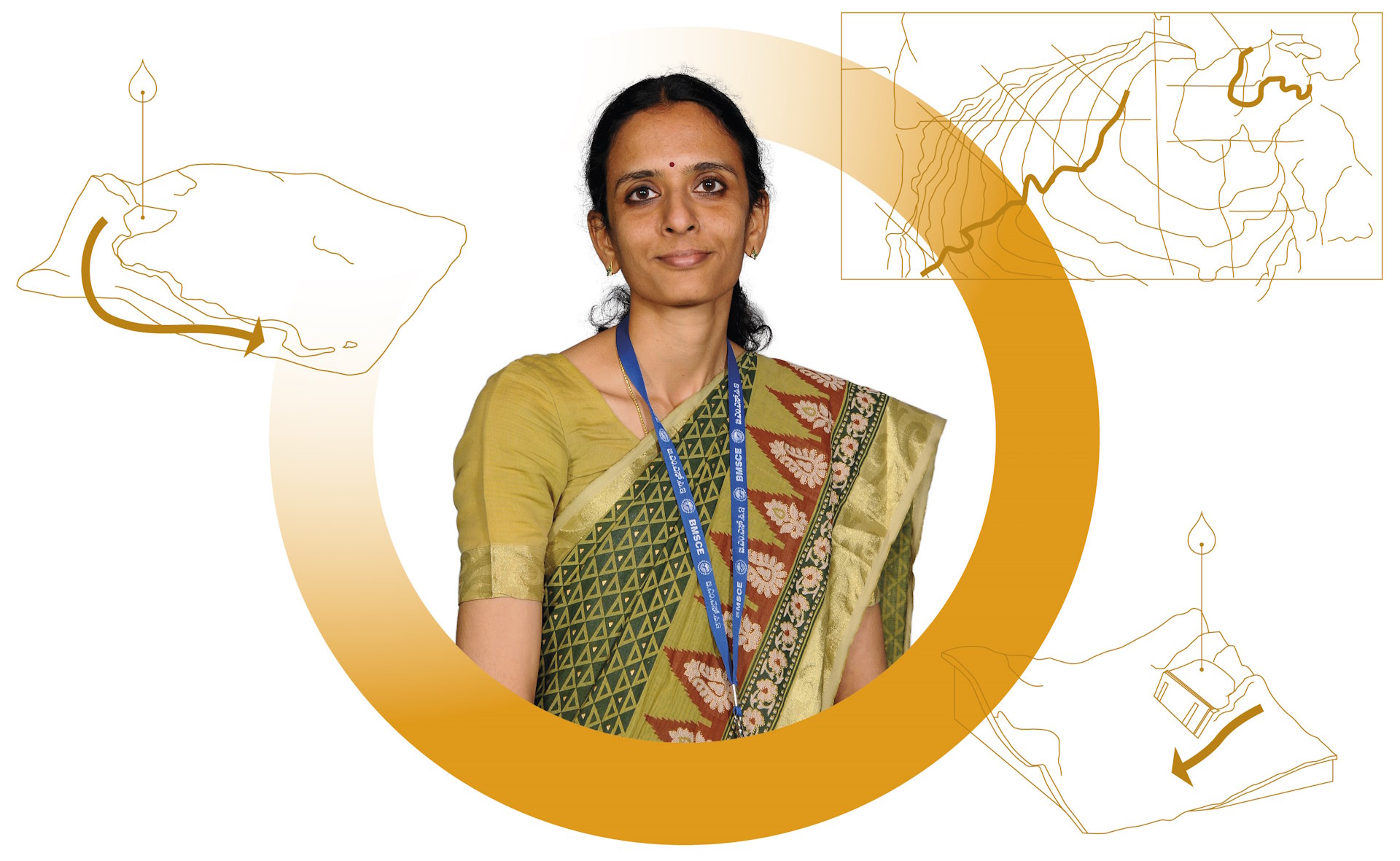World Water Day: taking action for sustainable water solutions
Supporting research and education projects that provide scientific and technological solutions for water management.
Today is World Water Day, an annual United Nations observance focusing on the importance of freshwater and the necessity to take action to achieve Sustainable Development Goal #6: Water and Sanitation for all by 2030.
An opportunity for us to reaffirm La Fondation Dassault Systèmes commitment to helping tackle the global water crisis and improve the management of our most vital resource.

In today’s world, water is both precious and feared
While more than 2 billion people are living under water stress and 3.6 billion face inadequate access to water, 42% of household wastewater is not treated properly, damaging ecosystems and human health (source : WMO, 2021 / UN-Water, 2023). Water is also very related to dealing with the consequences of climate changes and disasters around the world, from floods to heatwaves or wildfires; its proper and sustainable management is however central to help society adapt to climate change, build resilience, protect health and save lives. It also mitigates climate change itself by protecting ecosystems and reducing carbon emissions from water and sanitation transportation and treatment.
Water Research Lab
We are supporting projects that seek to better understand water-related challenges and find sustainable solutions. One of them is the B.M.S College of Engineering Water Research Lab in Bangalore. Established in 2022 with the support of La Fondation Dassault Systèmes in India, the Water Research Lab conducts a number of research and consultancy projects that provide scientific, technological and sustainable solutions to challenges related to water resources management .
Their ambition is also to become a center of quality higher education in this field, creating learning curriculum for students and practicing engineers to train them in water management using Virtual Reality, 3D and simulation technologies. One of their current projects involves the creation of interactive learning content on flood forecasting, risk mapping and mitigation. The goal is to enable future civil engineers to design hydraulic structures more efficiently and implement appropriate mitigation strategies to assist city planners in delineating flood-prone areas, by simulating dam breaches for example.


The Water Research Lab is led by Dr. Reshmi Devi T.V, an Assistant Professor in the Department of Civil Engineering at the B.M.S. College of Engineering, whose research focuses on irrigation management, surface water hydrology, modeling of hydrological systems, water resources planning and management (including AI and decision support systems), and climate change impact assessment, among others. She is also a great role-model, inspiring young girls from various backgrounds in India to break barriers and embrace scientific studies. Read her interview.